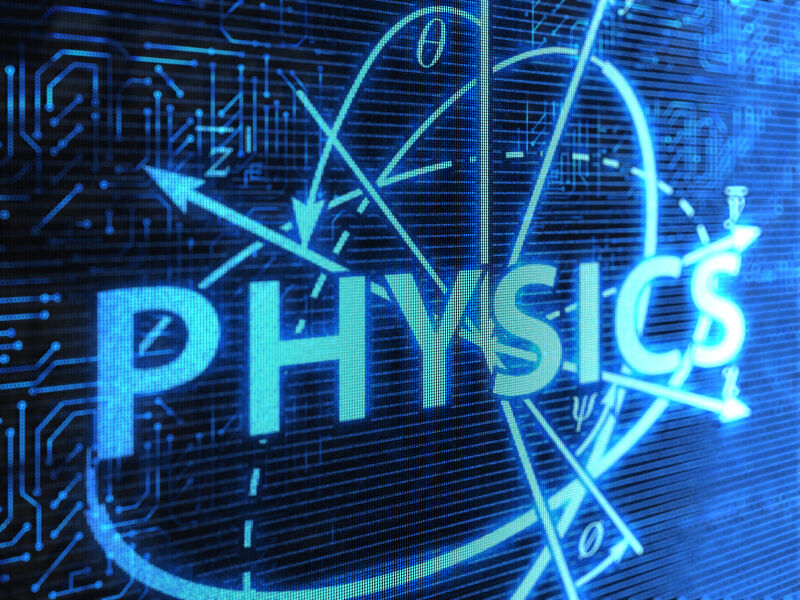RATIONALE
Physics is a fundamental science because it deals with the basic features of the world, such as,
time, space, motion, charge, matter and radiation. Every event that occurs in the natural world
has some features that can be viewed in these terms. Study of physics need not necessarily be taken
as a means of becoming a physicist; it is a means of rationally understanding nature. Physics lies
behind all technological advancements, such as, computer, internet, launching of rockets and
satellites, radio and T.V communications, lasers, etc. It also finds applications in such simple
activities of men as lifting a heavy weight or making a long jump. Physics is thus an all pervading
science and its study helps us in finding answers to whys and hows of our day to day happenings.
Keeping in view the issues highlighted in the National Curriculum Framework (NCF) for School
Education, present Physics curriculum has been so designed that it not only focuses on the basic
concepts of Physics but relates them to the daily life activities. The applications of the laws of
Physics and their effects on daily life have been reflected in the curriculum. The basic themes of
Physics which would be of interest to all, particularly to those who are interested in pursuing Physics
as a career in life have been selected to form core content of the curriculum. Besides, the curriculum
also includes such emerging areas as electronics, communication, nuclear physics, which find
immense applications in daily life.
Though mathematics is basic to the understanding of most of the problems of physics, in the present
course, stress has been given to avoid rigour of mathematics like integration and differentiation.
The focus has been to teach concepts of physics rather than mathematical calculations
COURSE OBJECTIVES
The basic objectives of the sr. secondary level Physics course are to enable the learner to:
- acquire knowledge and develop understanding of concepts, fundamental laws, principles and
processes in the area of physics so that relationship between causes and effects of physical
phenomenon can be understood; - appreciate the contributions of physics towards improving quality of life;
- promote interest in physics and foster a spirit of enquiry; and
- improve competencies of individuals in work skills required in their profession.
As a part of this process, the course also aims at developing the following abilities in the learner: - experimental skills like taking observations, manipulation of equipment, and communicative
skills such as reporting of observations and experimental results: - problem solving ability e.g. analyzing a situation or data, establishing relationship between cause and effect;
- scientific temper of mind by making judgment on verified facts and not opinions, by showing willingness to accept new ideas and discoveries; and
- awareness of the dangers inherent in the possible misuse of scientific knowledge.
Course Features
- Lectures 0
- Quizzes 0
- Duration Lifetime access
- Skill level All levels
- Language English
- Students 2
- Assessments Self




